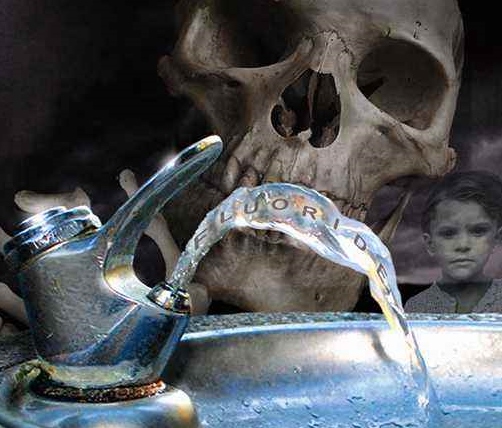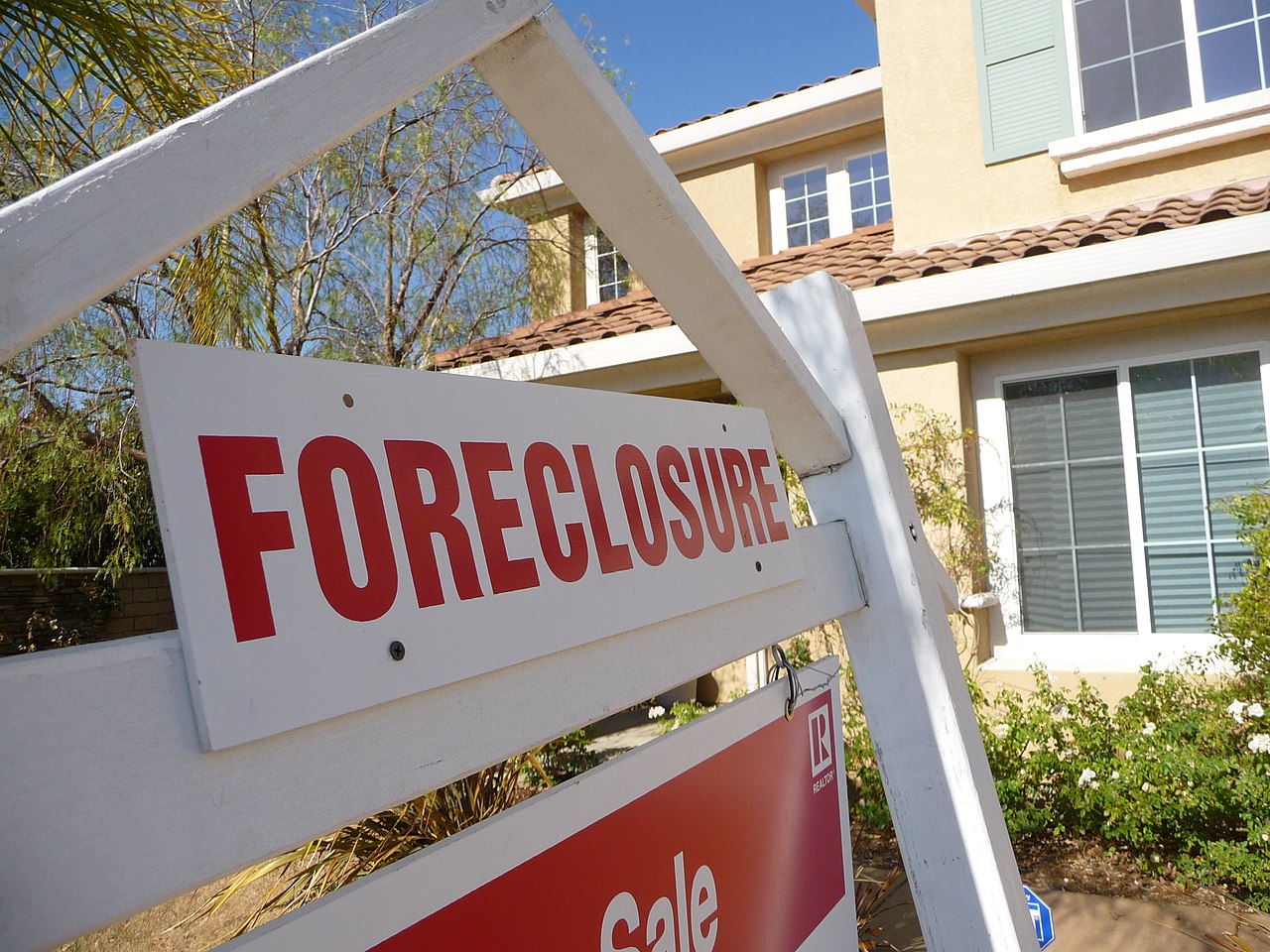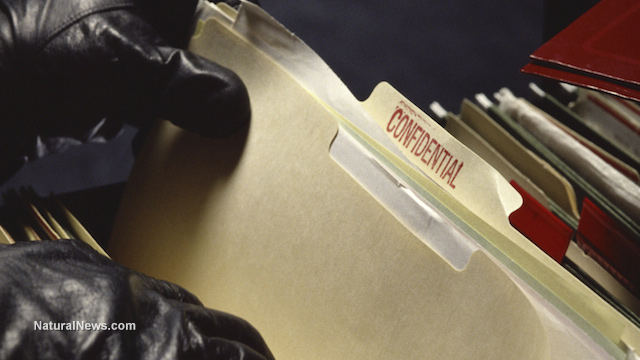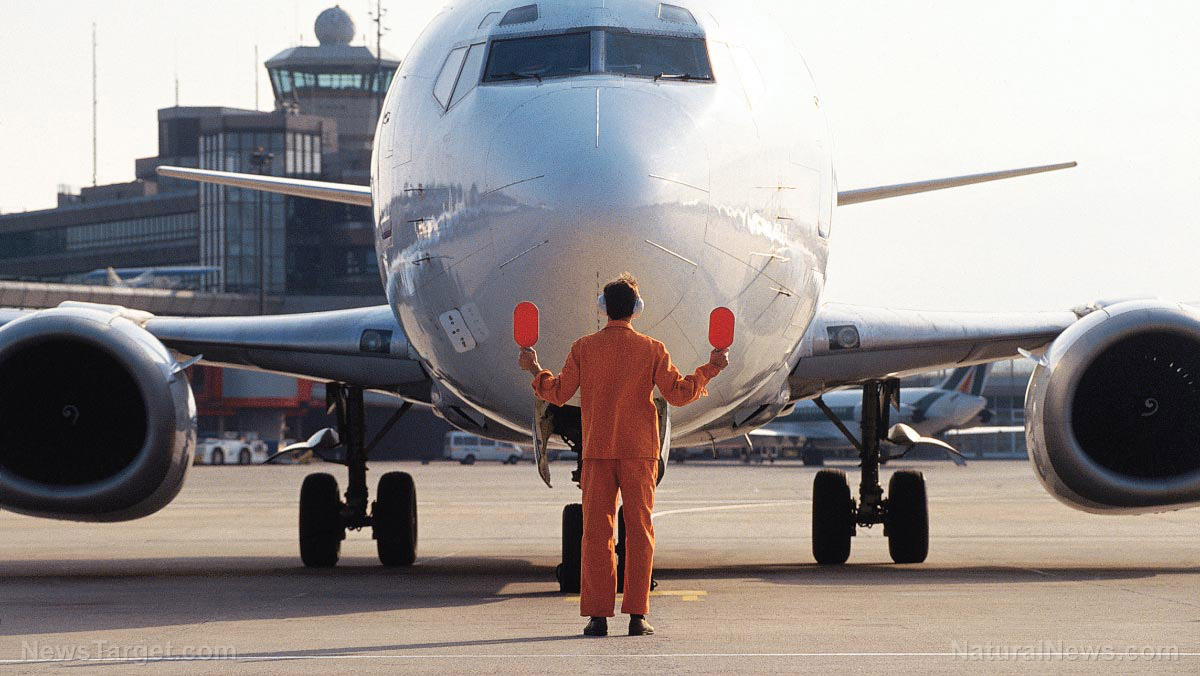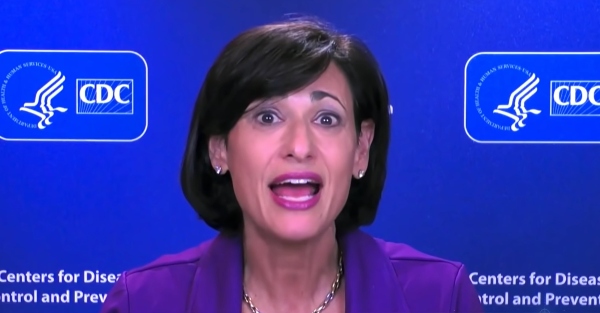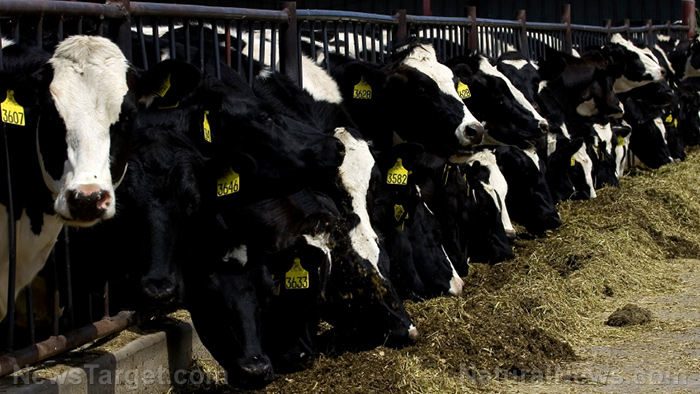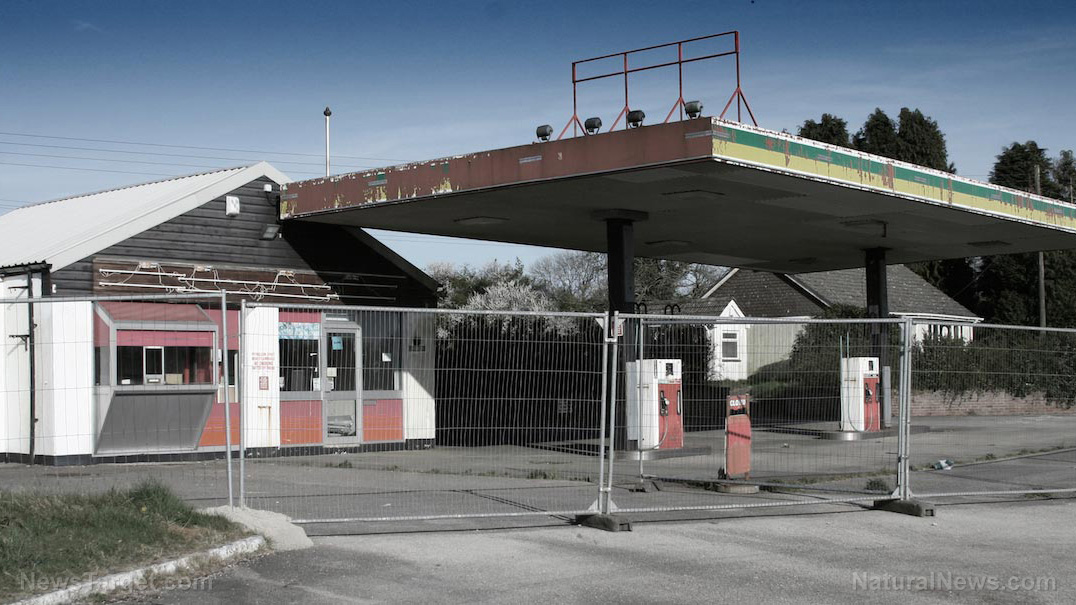
Several cities in California have now banned the construction of new gas stations, claiming this is necessary to fight climate change. Los Angeles might be the next major city to pass a ban.
The first city in California to ban the building of new gas stations was Petaluma, a small city of 60,000 in the North Bay region. Petaluma officials, led by City Councilwoman and progressive activist D'Lynda Fischer, claimed that the ban was "completely uncontroversial" at the time.
"We didn't know what we were doing, actually," said Fischer. "We didn't know we were the first in the world when we banned gas stations."
Now, it's difficult to say that the move was not controversial given its implications on the national gas supply and rising gas prices.
Since Petaluma's ban, at least four other cities in the Bay Area region have followed suit with their own bans, and several cities all over the state are also considering bans. West Hollywood in Los Angeles County is already evaluating a plan to ban gas stations which could become a city ordinance by the end of the year.
"The real question now that's coming up as we ban new gas stations: What do we do with our old gas station sites?" said Fischer. "Because they're going to take a lot to clean up… That's the next wave of this: thinking about what's to come." (Related: Californians now so desperate to escape state they are moving to Mexico to avoid inflation, crime.)
Los Angeles could be next major city to ban new gas stations
Los Angeles, the largest city in the state, the second-largest city in the country and with just over 2,000 gas stations in 2020, could be the next city to pass a ban on the construction of new gas stations.
"It's really up to cities to turn around climate change," said Andy Shrader, director of environmental affairs for L.A. City Councilman Paul Koretz, who proposed that the city work toward its own ban on the construction of new gas stations.
Under Koretz's proposal, the city would not be allowed to issue permits for new gas stations or allow existing sites to add more fuel pumps. The operations of existing pumps would not be affected, but they will only be allowed to expand if the expansion is for the addition of charging stations for electric vehicles.
Koretz said banning new gas stations is "a modest step in the right direction," especially since California will ban the sale of new gas-powered cars by 2035. "It's such a gradual common sense measure that once it's picked up in Los Angeles – the city that's most dedicated to cars – hopefully, this spreads around the country."
"Given Gov. Newsom's timeline to end the sale of gas vehicles by 2035, gas stations are a dying business," said Koretz. "Their toxic chemicals take years and millions of dollars to clean up."
The proposed ordinance could be brought before a city council committee hearing in August.
At least five neighborhood councils – Echo Park, Los Feliz, North Westwood, Silver Lake and Westside – have submitted statements in support of the motion. At least three of the councils voted unanimously to support the proposal.
Gas station construction bans could raise prices further
The California Fuels and Convenience Alliance (CFCA), which lobbies for gas station owners and is against gas station bans, is out in full force to stop the ban from spreading.
"Not being able to serve the people who live there, who are commuting to work, picking up their kids from soccer practice – is really a disservice to people who are new to the area," said Sam Bayless, CFCA policy director.
Bayless added that gas stations are an essential service, especially since there aren't enough electric charging stations in Los Angeles that can provide for the needs of city residents, especially those of low- and middle-income.
Kevin Slagle, a spokesperson for the Western States Petroleum Association, warned that bans might have unintended consequences.
"Taking what we're facing today – a lot of demand and not a lot of supply – if you start taking stations out, new and existing, if you make a commodity tougher to find, that often means higher costs," said Slagle.
Watch this clip from the "Daily Dispatch" on InfoWars as host Harrison Smith talks about President Joe Biden sending U.S. oil reserves overseas as domestic gas prices continue to rise.
This video is from the InfoWars channel on Brighteon.com.
More related articles:
Costco starts limiting GASOLINE sales in New Jersey as supply shortages worsen.
The future of electric cars is not the future California thinks it is.
Sources include:
Please contact us for more information.














